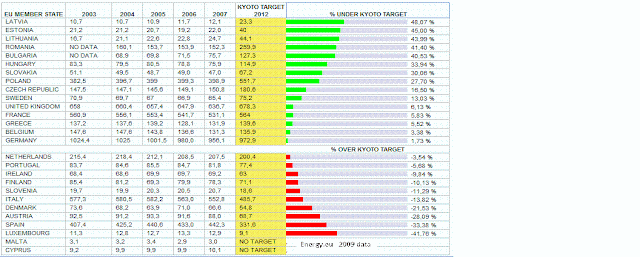
On Friday (25th March) we attended a conference organised by Din L-Art Helwa on the issue of the state of fisheries in Malta, something which is very much at the heart of Greenhouse.
The conference had quite a formal atmosphere, we at Greenhouse are used to student-style conferences and debates, not 5-star hotel conference rooms! There were quite high-profile speakers and guests: the conference was chaired by Prof Victor Axiak, Head of the Department of Biology and leading marine biologist. Other speakers included the outspoken journalist
Caroline Muscat , Internation Ocean Institute researcher Dr Alan Deidun, Lawyer Dr John Refalo, DR Simeon Deguara (coordinator of Research and Development with the Federation of Maltese Aquaculture Producers), Dr Vassallo-Agius, a top aquaculture researcher both locally and in Japan and others. I was also invited to give a talk on behalf of the fish4tomorrow campaign, which I gladly accepted.
Representatives of MEPA (Mr Darren Stevens) and of the Fisheries Control Directorate (Dr Adreina Fenech Farrugia) gave us insight into the concepts and systems in place for management of Marine Protected Areas and the control and enforcement of fisheries regulations respectively. Ms Muscat gave an in-depth analysis of the problems associated with Blue Fin Tuna ranching, and struck a chord amongst the audience since she was not afraid to get straight to the point (her presentation has subsequently been published on her website www.carolinemuscat.com). The fisheries representatives were slightly angered by her allegations however it was obvious to all that this same debate had been going on for a long time. Dr Deguara emphasised how the science is showing an increase in tuna stocks within recent years, ever since there was a significant cut in quotas in 2008 and very strict management practices were put into place. Dr Borg also added that new measures put into place by ICCAT have, at least, limited a great deal of illegal activities which were previously resulting in total catches far greater than the actual quotas.
Blue fin tuna was of course the centre of the debate, however other aspects such as by-catch, aquaculture, discards and other important and overfished species such as swordfish were discussed. The atmosphere was on the whole quite calm, apart from some regular banter when the issue of tuna ranching was raised.
The fish4tomorrow campaign garnered positive feedback from both the audience and the panel members, who had already emphasised that education of the market is a key factor that is missing. The fisheries representatives admitted that the bluefin is being ranched as it is because of the strong market demand for high quality sushi and sashimi quality tuna (90% of which is sold to Japan) and that if there were no demand for this then the industry would not bother with it as a product. Therefore the ultimate solution to the problem is to educate the consumers, however this is a little difficult for us to do in Malta seeing as the consumer base is almost wholly Japanese. At least, the fish4tomorrow campaign is targeting the Maltese population, in the hopes of nurturing a culture of responsible consumption on our little island. Hopefully, through educating the local consumer and stressing the importance of making responsible decisions when choosing seafood we will then be able to show the legislators and policy makers that short-term profit is not more important than sustainability.





















